6 alternative (and better) uses for blockchain
By: Which 50 for ADMA
Blockchain emerged from the Bitcoin world and took a little while to shake off the association. These days it has moved far beyond crypto currency. Instead of buying into the Bitcoin hype, many creative thinkers are looking at ways to use its underlying technology.
Blockchains are a way of storing information in a distributed ledger. A Blockchain can only be updated with the consent of all participants and, once verified, information can never be erased. This means the ledger is a secure, accurate, empirical record of “digital events”.
US company Follow My Vote, hopes to employ cryptography to protect each ballot against tampering from end to end, keeping votes anonymous and immutable on a blockchain ledger.
Here are six real-life applications that demonstrate how far the technology has come, and why marketers need to keep a close watching brief on developments.
Where does your food come from?
Are your avocados Australian grown? Is your salmon sustainably sourced?
UK-based firm Provenance has used mobile, Blockchain, and smart tagging technology to track fish caught by certified, socially conscious fishers in Indonesia.
Each batch of fish was given a unique ID (easy to do digitally) that enabled the tracking of mass product across borders and through the hands of multiple companies.
READ MORE: Discover how technology will change the future of marketing.
From where the fish was caught and how it was transported to who bought it in the end, the firm was able to monitor the delivery of product to the United States.
And the end customer, buying seafood at their local store, knows exactly where it came from.
Is your Picasso real?
Forgery is rife in the art world. Buyers and sellers are often deceived as to the origin of works and who previously owned them.
Deloitte has developed “ArtTracktive”, a channel for information sharing between artists, owners, and galleries.
Ascribing a cryptographic identity to a piece, this Blockchain can verify authenticity and replace easily forgeable paper certificates.
Is your election secure?
Headlines are still ringing with accusations of rigged elections, and an unprecedented level of distrust has grown around traditional voting methods.
US company Follow My Vote hopes to employ cryptography to protect each ballot against tampering from end to end, keeping votes anonymous and immutable on a Blockchain ledger.
The idea is that each voter has a private key and a unique voter ID, which allows them to monitor and verify that their vote is correctly recorded and has been tallied.
If ballots are missing or have been tampered with, the Blockchain — which needs mass consensus — will reject them and alert the voter.
Are your donations getting to those who need them?
Fraud, corruption, discrimination, and mismanagement often block money intended to reduce poverty.
The United Nations launched a program at the beginning of the year to track its food and cash assistance to needy families in Pakistan.
A smartphone authenticated and recorded payments from the UN agency to food vendors, ensuring the recipients got help, the merchants got paid and the agency didn’t lose track of its money.
The UN said this Blockchain system will reduce its overhead costs from 3.5 per cent to less than 1 per cent.
Smoothing supply chains
Lack of transparency and accountability across complex supply chains is a major headache for companies relying on multiple suppliers.
Blockchain could unequivocally verify contracts and agreements. Walmart is working with IBM and Tsinghua University in Beijing, to monitor how and where pork moves within China. Australia’s largest mining company, BHP Billiton, is tracking mineral analysis performed by those outside its business.
Walmart is working with Tsinghua University in Beijing and IBM, to monitor how and where pork moves within China and Australia’s largest mining company, BHP Billiton is tracking mineral analysis performed by those outside its business.
Are you who you say you are?
Identity theft online is an ugly experience, requiring you to change credit card details, dispute charges and reset passwords.
Civic is a Blockchain identity management platform that allows users to register and validate their personal identity and lock it, meaning they can share it with only those parties they trust.
In one cryptographic profile, you could store passport information, e-residency, birth certificates, wedding certificates, IDs, online account logins, and only share the necessary parts with outside parties.
